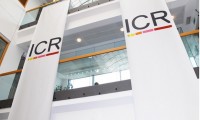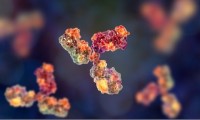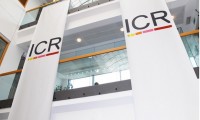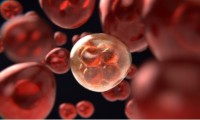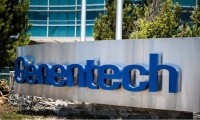-
NICE recommends more genetic testing for links to ovarian cancer
- Source: drugdu
- 101
- September 30, 2023
-
Novartis’ Lutathera Clears Phase III as Frontline Treatment for Rare Neuroendocrine Cancer
- Source: drugdu
- 132
- September 28, 2023
-
kICR researchers develop new test to help identify future cancer treatments
- Source: drugdu
- 141
- September 22, 2023
-
Novartis Returns Cancer Asset Tislelizumab to BeiGene
- Source: drugdu
- 113
- September 21, 2023
-
CancerVAX joins forces with UCLA to develop a universal CAR-T cell therapy
- Source: drugdu
- 148
- September 14, 2023
-
Seagen, Nurix Team to Create New Class of Antibody Conjugates for Cancer
- Source: drugdu
- 210
- September 12, 2023
-
ICR study finds way to determine efficacy of experimental breast cancer drugs
- Source: drugdu
- 98
- September 12, 2023
-
Veracyte and Gustave Roussy announce partnership for cancer therapies
- Source: drugdu
- 141
- September 11, 2023
-
Guardant abandons cancer blood test trial early, restates confidence in product line
- Source: drugdu
- 122
- September 8, 2023
-
Following in Tecentriq’s footsteps, Alecensa gives Roche another win in early-stage lung cancer
- Source: drugdu
- 113
- September 6, 2023
your submission has already been received.
OK
Subscribe
Please enter a valid Email address!
Submit
The most relevant industry news & insight will be sent to you every two weeks.



